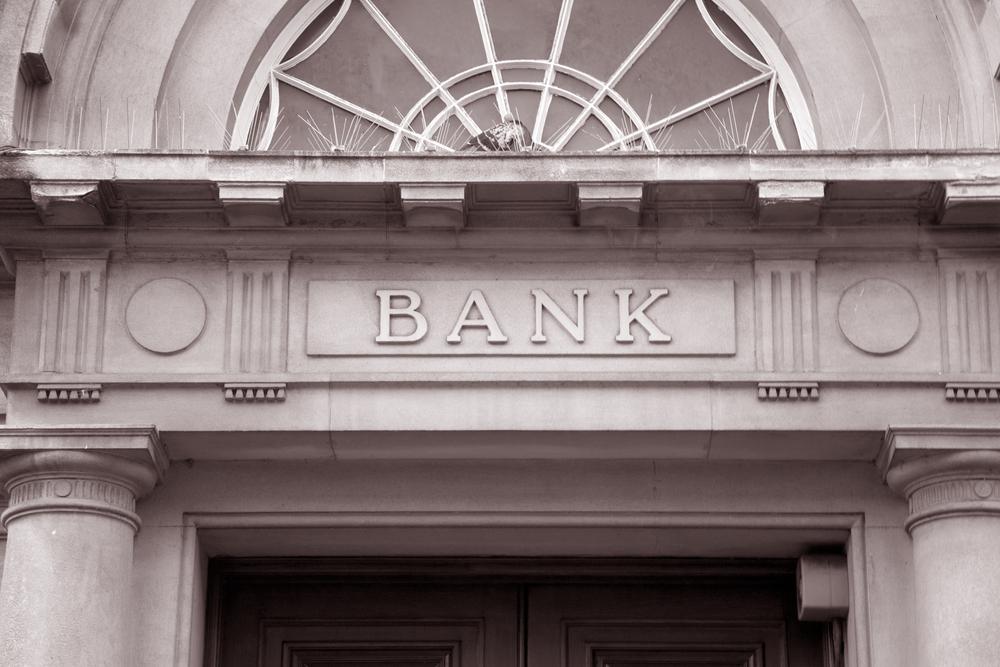Essential FAQs for Opening an Online Checking Account
Discover essential insights into opening an online checking account, including benefits, potential risks, and tips for choosing the best account. Learn how these accounts offer convenience, lower fees, and financial tools, while also understanding security considerations and account features to make informed banking decisions.
Sponsored

Key questions about opening an online checking account
Checking accounts provide quick access to your funds, allowing withdrawals, check writing, and payments via debit cards. Online checking accounts operate similarly but offer 24/7 service, enabling customers to manage their accounts any time through the Internet. You can also effortlessly access related accounts like certificates of deposit (CDs) or retirement accounts (IRAs). Let’s explore what online checking accounts can do for you:
What benefits do online checking accounts offer?
Lower fees compared to traditional banks — Many online checking accounts are free with minimal or no fees, and some virtual banks reimburse ATM charges nationwide. They often require no minimum deposit.
Broader access to banking services — Online options expand your banking reach across the country, often providing higher interest rates and yields.
Robust financial tools — Many online accounts come with features to help monitor spending, savings, and overall net worth, making personal finance management easier.
What are the potential downsides of online checking accounts?
Security risks — While online banks prioritize security, cyber threats like malware and hacking are sources of concern. Ensuring the bank uses encrypted data and strong passwords is essential.
Customer service challenges — Face-to-face interactions are limited online, which may delay issue resolution. Support may be available only during certain hours or through call centers.
What should I consider before opening a checking account?
Nearly all checking accounts provide personal checks, debit cards, and ATM access. Confirm the account’s features and limits before signing up.
Online checking accounts are suitable for daily transactions with unlimited access but be aware of ATM withdrawal limits.
Most checking accounts do not earn significant interest, typically around 1%, so don’t rely on them for income.
High maintenance fees (up to $15/month) apply at some banks to support branch networks, which can be costly if fee-waivers are not met.
Opt for online checking accounts to avoid monthly fees and overdraft charges, especially if you prefer fee-free banking.
Tips for choosing the best online free checking account
Compare sign-up bonuses and promotional offers that could include interest benefits or fee reimbursements.
Select accounts offering rewards such as competitive interest rates and fee refunds to maximize benefits.
Consider teen checking accounts for young individuals, typically requiring a guardian co-signer, to foster early financial responsibility.






